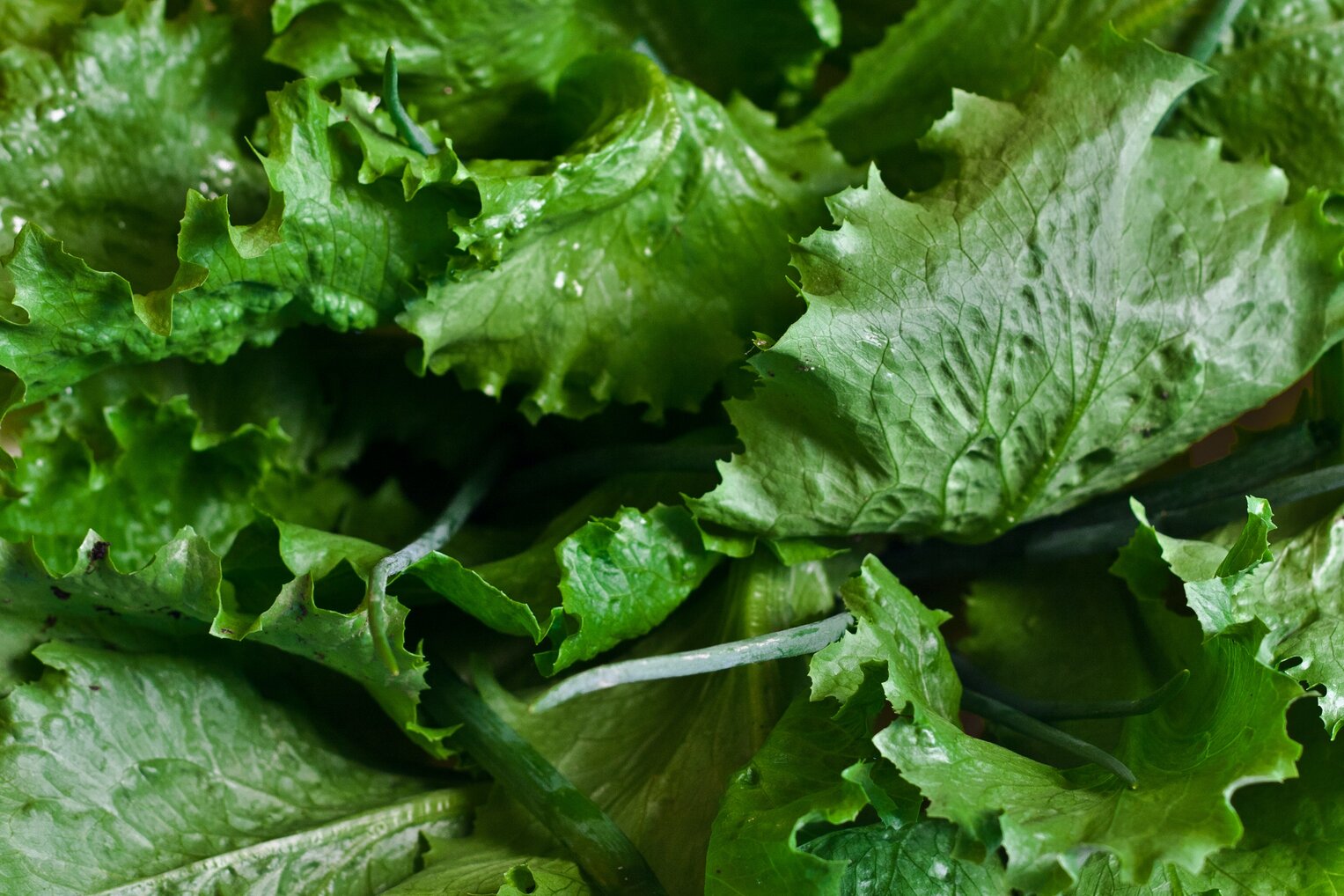
Why You Should Eat Bitter Foods
The idea of ingesting something to aid digestion is nothing new, after all digestif drinks were first introduced as a concept centuries ago as a way to finish off a meal and support digestion. While the benefits of using an alcoholic drink to do this may be a little dubious, tweaking your everyday diet to promote better digestion and optimal gut health is still a sensible approach.
Bitterness is one of the five different types of taste recognised by our palates, and while it might not be the one we associate most with deliciousness, bitter foods have many benefits, not least for our gut. Most importantly, bitter foods stimulate the release of saliva and stomach acids which are vital for kick starting the digestive system and adequate break down and absorption of food. Some experts also believe that bitter foods increase the production of digestive enzymes, which ensure even better food absorption and uptake of essential nutrients found within our food. Digestive enzymes are also important for those that suffer with digestive issues such as leaky gut syndrome, as they help prevent food particles making their way out of the intestines and into the bloodstream where they can cause inflammation. There’s also evidence to show that bitter foods act a bit like prebiotics in the gut. Often bitter foods are packed with soluble and insoluble fibre which the body can’t digest but which is important food for the probiotics in the gut, which in turn promote a healthier and more balanced gut environment.
Try our Gut Cleansing Formula for added digestive support
To up your intake of these beneficial foods, look to include rocket, dandelion greens, coffee, citrus fruits, cacao, radicchio, artichokes and apple cider vinegar in your diet. Pair these powerhouses with plenty of water, a regular intake of fermented foods (also lauded for their digestive benefits) and plenty of sleep and regular exercise and you should see your digestive health improve. One caveat, if you suffer from digestive issues already such as acid reflux, it’s always best to consult your doctor before embarking on changes to your diet.
